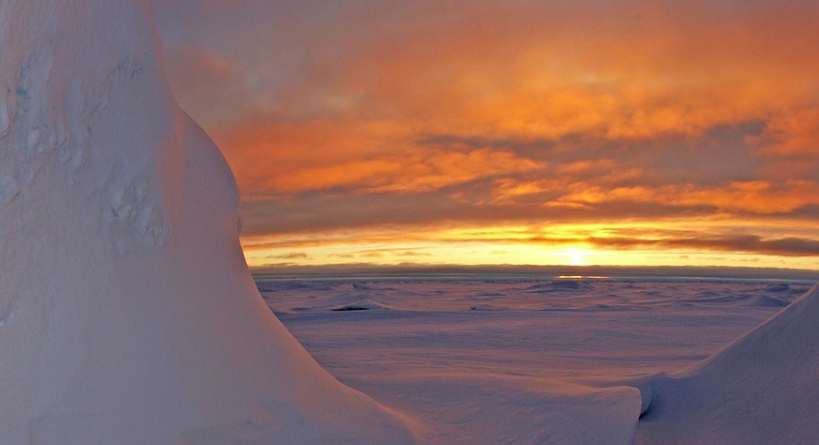Science News Roundup: Scientists stunned by rare Arctic lightning storms north of Alaska; Moon 'wobble,' climate change seen as driving coastal flooding in 2030s and more
Following is a summary of current science news briefs. Moon 'wobble,' climate change seen as driving coastal flooding in 2030s U.S. coastlines will face increasing flooding in the mid-2030s thanks to a regular lunar cycle that will magnify rising sea levels caused by climate change, according to research led by NASA scientists.

Following is a summary of current science news briefs.
Moon 'wobble,' climate change seen as driving coastal flooding in 2030s
U.S. coastlines will face increasing flooding in the mid-2030s thanks to a regular lunar cycle that will magnify rising sea levels caused by climate change, according to research led by NASA scientists. A key factor identified by the scientists is a regular "wobble" in the moon's orbit - first identified in the 18th century - that takes 18.6 years to complete. The moon's gravitational pull helps drive Earth's tides.
Blue Origin sees clear skies for inaugural space flight by Bezos and crewmates
Billionaire American businessman Jeff Bezos and his three crewmates are engaging in a crash course of training on Sunday in preparation for his company Blue Origin's inaugural flight to the edge of space planned for Tuesday. The suborbital launch from a site in the high desert plains of West Texas marks a crucial test for Blue Origin's New Shepard spacecraft, a 60-foot-tall (18.3 meters) and fully autonomous rocket-and-capsule combo that is central to plans by Bezos to tap a potentially lucrative space tourism market.
Scientists stunned by rare Arctic lightning storms north of Alaska
Meteorologists were stunned this week when three successive thunderstorms swept across the icy Arctic from Siberia to north of Alaska, unleashing lightning bolts in an unusual phenomenon that scientists say will become less rare with global warming. “Forecasters hadn’t seen anything like that before,” said Ed Plumb, a National Weather Service meteorologist in Fairbanks, speaking about the storms that started on Saturday.
(With inputs from agencies.)
ALSO READ
American-Born former sumo champion Akebono dies aged 54
Japanese Prime Minister Fumio Kishida to speak to Congress as doubts linger over American global leadership
Magnitude 4.2 earthquake strikes Bay of Bengal
GLOBAL MARKETS-Asian shares fall on U.S. rate scare, yen plumbs 34-yr low
Small asteroid to zoom past Earth on Thursday; no chance of impact










